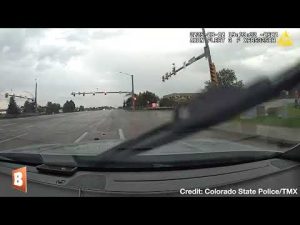In the somber streets of Minneapolis, a heart-wrenching tragedy has unfolded, leaving a community in grief and a nation grappling with difficult questions. Two innocent young lives were lost, victims of a violent attack at a local church often associated with sanctuary and peace. The assailant, Robin Westman, an individual who identified as transgender, took aim at a target that many would consider unthinkable—the very place of worship where the tragedy unfolded.
The unfolding details of this horrific event reveal a complex narrative that digs deeper into the societal issues we face today. Westman’s troubled past, painted vividly in disturbing writings, sheds some light on their internal turmoil and external influences. It becomes difficult to ignore the influence of a society that often rushes to affirm life-altering decisions without considering the full range of implications. Westman’s writings exposed a soul wrought with regret, confusion, and misplaced blame.
What adds a layer of intrigue and concern to this chilling tale is the complex role of Westman’s familial influences. Her past decisions regarding Westman’s identity raise eyebrows and suspicions in equal measure. It seems she played a significant part in her child’s transition at age eighteen, expressing doubts about the chosen path. Her conflicting actions and subsequent silence are elements of a storyline that has everyone looking for answers.
Ultimately, this tragic incident is a strong reminder of the complex intersectionality of mental health, societal support systems, and personal decision-making. The narrative unfolding in Minneapolis forces us to scrutinize our own societal norms and the measures we provide to those struggling with issues of identity. Instead of rushing to affirm, perhaps a more compassionate and thoughtful approach, focusing on mental health and genuine support, could prevent future tragedies.
As we dissect the events that led up to this catastrophe, there is no room for easy answers or finger-pointing. The focus now needs to be on healing, understanding, and ensuring that no other community experiences such devastating loss. It is a pivotal moment for reflection, action, and contemplating what affirmations truly serve the individuals they aim to support.







